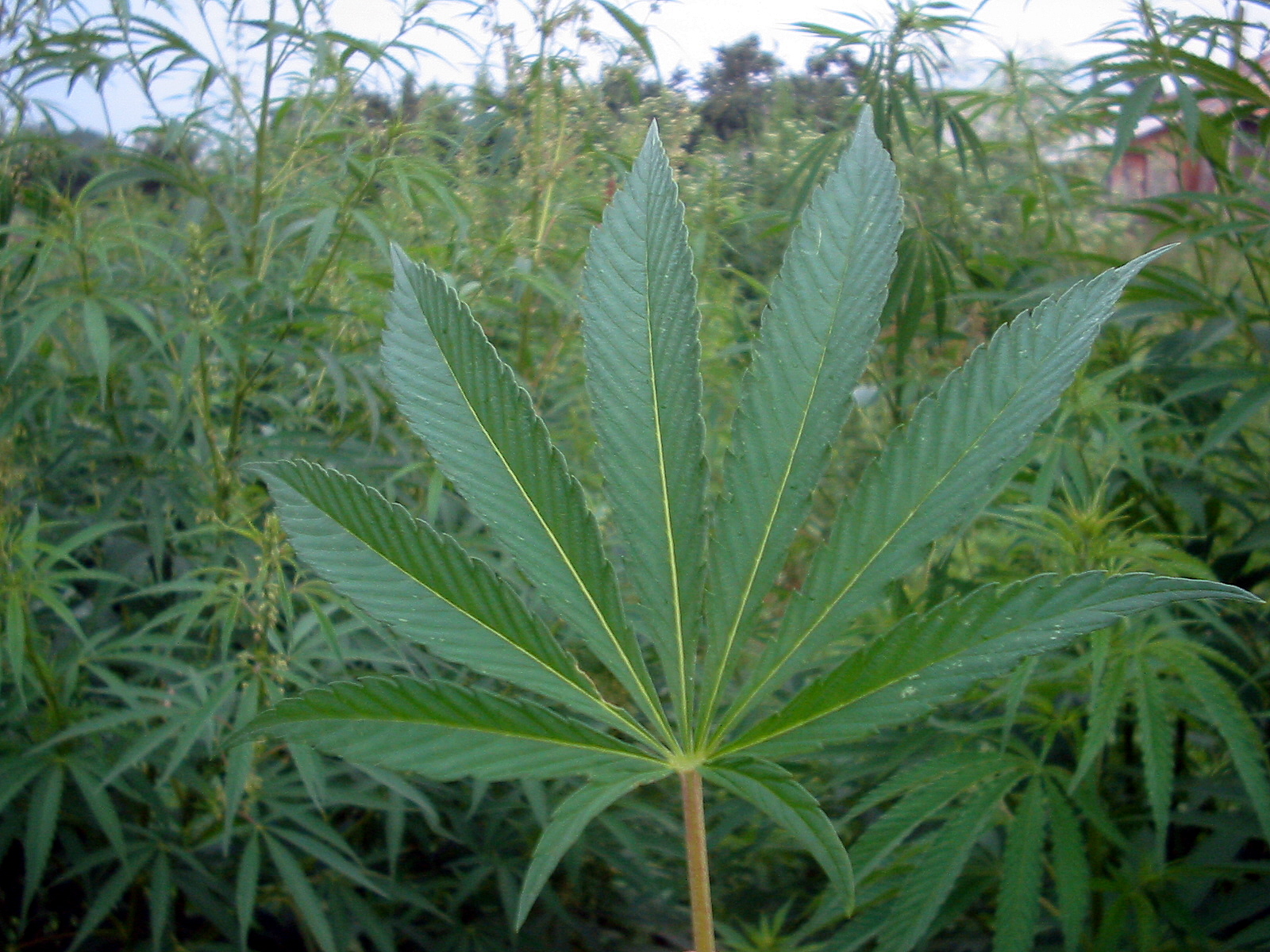Why Marijuana Shouldn't Be Legalized

In 1973, the Supreme Court heard the case Roe v. Wade, a case that gave women the right to get an abortion. Up until that point, as the United States population continued to grow, so did the number of crimes committed by its people. In the time from 1960 to 1973, the population grew from 179 million to 209 million people, with the number of crimes rising from 3.3 million to 8.7 million. This rise continued all the way to 1991, at which point the population was 252 million people and the number of crimes committed was nearly 14.9 million. Each subsequent year following 1991, the population continued to grow, but the number of crimes in the country started to decrease.
You may be wondering what Roe v. Wade and crime statistics from at least 20 years ago have to do with the marijuana debate. Look at that year: 1991. 1991 was 18 years after Roe v. Wade was passed. While I cannot confirm this and have found no real study into the issue, it seems to me that the legalization of abortion helped to decrease the amount of crime in this country starting the year those children would have been 18. Is it possible that by allowing mothers to have abortions instead of bringing children into environments that would not be healthy to grow up in, the country helped curb crime? Forgive me if this sounds crass, but by reducing the number of 18-year-olds born into bad environments that promote crime, the country seemed to have both granted women a right to do with their body as they please while also helping to fix another problem. This is neither a pro-choice nor pro-life column. I am simply using another hotly contested issue to show that the choices we make now have a huge impact on those who have yet to come into being.
I don’t vote against the legalization of marijuana because I’m afraid that all of a sudden 100 percent of the population will start smoking. As far as I’m concerned, those who want to smoke already do and those who don’t, whether it be because of the law or because of some other reason, don’t. I vote against the legalization of marijuana because instead of just listening to all the benefits people tell me about, I also read the list of side effects: smoking and/or ingesting weed can cause heart and blood pressure problems, lung problems, depression and impaired mental functioning. In a recent USA Today article, Roger Roffman, a professor at the University of Washington who has done extensive research into the side effects of smoking weed, says: “It's fairly common for people who are using marijuana regularly to complain that their ability to think clearly is impaired — to remember, to organize their thoughts, to follow through with multitasking." In the same article, Ruben Baler, a neuroscientist with the National Institute on Drug Abuse, says that the active chemical found in marijuana, THC, “hijacks and corrupts” the chemical process which allows the brain to mature and grow.
I read those quotes and I don’t think of the 23-year-old sitting on his couch smoking weed and eating Doritos. I think of the crime statistics of this country. I think of how 18 years after Roe v. Wade the crime rate started to drop, and how logic seems to tell us it was because a generation that would have potentially committed those crimes had less members born into situations that promoted criminal behavior. I think of the children born today, tomorrow, five years from now. I think of them growing up in a world where there is nothing telling them (don’t say that’s their parents job; no teenager listens to their parents) that this widely accepted, legal, drug will hijack their brain, that is will prevent them from thinking clearly and will promote laziness. I think of a generation growing up in a world without restrictions. I think of a generation about whom I will not be able to say, "those who want to smoke already do and those who don't, don't." I think of a generation growing up in a society that is telling them by all means they should cloud their mind and become lazy. I think of the world, of every news story telling us about the Chinese being in school 12 hours a day, about how hard the rest of the world is working to overtake America, and I’m just not quite ready to help them do it.
I have heard you saying it costs too much to wage this drug war, especially against something with all the benefits marijuana possesses. I understand your argument, but I tell you this isn’t an issue that just impacts our generation, or the generations before us. This is an issue that will impact every subsequent generation born into this nation and as long as all the evidence says marijuana prevents clear thinking and promotes laziness (I have close friends and family who can attest to these things), I will continue to vote against its legalization. We don’t need to be adding items to the list of things that hijack the development of our children’s brains; that list is already long enough.
Author's Note: Multiple commenters have mentioned that the correlation between Roe v. Wade and crime rates was a central idea of the book "Freakonomics." The author has not read "Freakonomics" and was not attempting to plagiarize an idea developed in the book and present it as his own.



